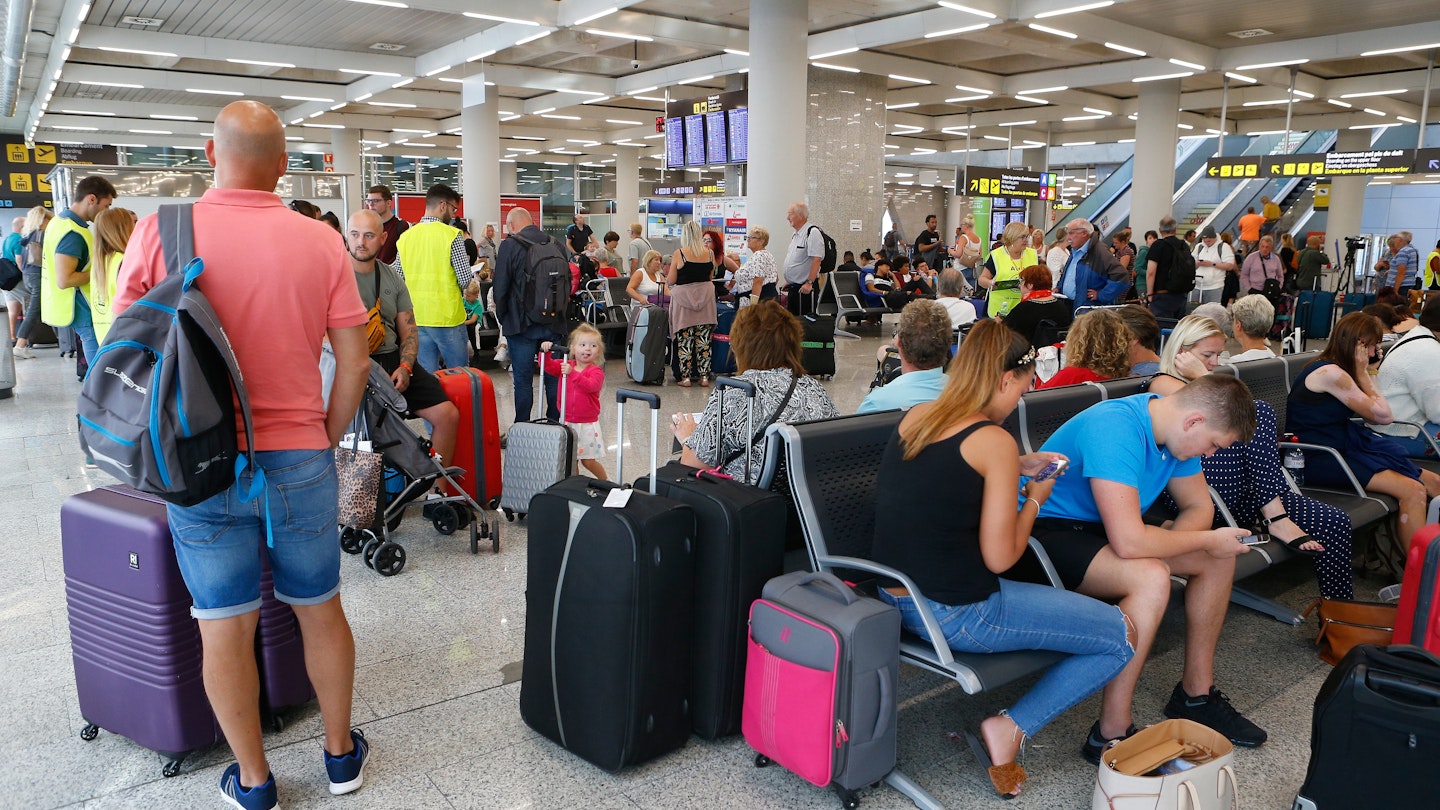Protect Your Travels: Essential Tips for Avoiding Airline Failures
More than a dozen airlines — Thomas Cook, WOW Air, flybmi, XL Airways, Germania, Adria and more — failed last year, resulting in stranded travellers, government repatriation efforts, and scuppered holidays. Moreover, it seems like every week there’s another airline that looks like it might be going under, too, with rumors circulating on social media and airline statements that may sound reassuring. However, how do you know? What are the warning signs? And how can you protect your trip?
Stay Informed and Conduct Research
If you’ve never heard of an airline before, that’s not necessarily a dealbreaker. There are hundreds of commercial airlines worldwide offering regularly scheduled flights, along with many offering charters and various options.
- Perform a quick online search before purchasing your tickets.
- Visit the airline’s website to evaluate its professionalism.
- Check for verified social media accounts and review the airline’s responsiveness to customers on platforms like Twitter.
- Explore their Wikipedia page for more background information.
- Avoid airlines that do not accept credit card payments.

Develop a Contingency Plan
Keep your eyes on travel news as your holiday approaches and think about your plan of action should you hear concerning news about your airline. Would you choose to cancel the trip and seek refunds? Would you wait for the airline’s failure? Additionally, do you have travel insurance or benefits available through your credit card to safeguard your vacation?
- Establish a trigger for taking action. For instance, if the airline stops selling tickets, particularly under government directive, that’s a strong warning sign.
- Understand bankruptcy could have different implications based on the country. For instance, many US airlines have filed for bankruptcy yet continued operations.
- In the UK, if an airline goes bust, it ceases operations entirely and government repatriation may commence for stranded passengers.
- Ultimately, ensure you have protections through your credit card, travel insurance, or package holiday regulations.
Use a Credit Card for Bookings
It is advisable to always use a credit card when booking travel for two essential reasons: first, it allows for a chargeback, and second, certain premium cards offer protection against cancelled or interrupted trips. Furthermore, using a credit card minimizes the risk of losing funds from your checking account in case of theft or fraud.
- Understand how chargebacks work: you’ll need to prove to your bank that the air travel service was not provided.
- Your bank will request the refund from the airline’s bank, increasing your chances of recovering your funds.
- While not all debit cards offer a similar chargeback feature, credit cards tend to provide more robust consumer protections.
- Many premium credit cards also include trip cancellation and interruption benefits, directly reimbursing you if you need to cancel or change your travel plans.

Always Secure Travel Insurance
Travel insurance serves as an additional safeguard to protect you in the event that something goes wrong. Many premium credit cards may already include this feature, so be sure to do your research if you’re a frequent traveller.
- Examine your travel insurance policy carefully to confirm coverage for “financial insolvency” of travel suppliers; some policies include this clause, while others do not.
Consider Booking a Package Holiday
Another way to enhance your protection, particularly if you’re based in Europe where regulations vary, is to book a package holiday or “linked travel.” This doesn’t necessarily mean an all-inclusive hotel experience.
- The latest package travel regulations in the UK broaden the definition of a “package” to include at least two components: transport (excluding airport transfers), accommodation, car rental, or a significant tourist service.
- For example, booking a rental car through your airline alongside your flight can constitute a package, provided you pay a single price rather than separately.
- Understand that linked travel offers protection benefits as well but may have specific complexities to consider.





